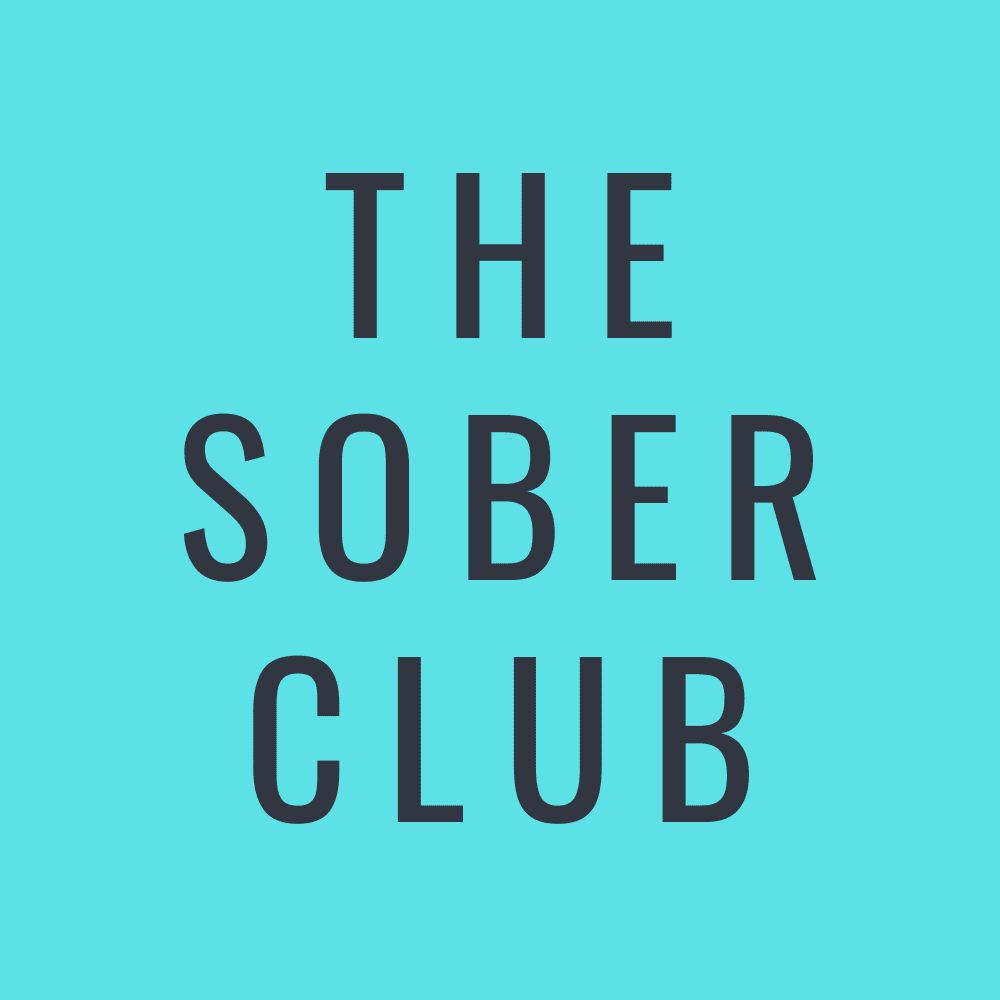How judgemental are you of yourself? Of others? Unfortunately when it comes to alcohol ‘judging’ both yourself and others seems to be de rigeur
Have you ever ‘googled’ ‘Am I an alcoholic?’ Most people who drink regularly have, and are relieved usually to find that when they input their number of daily drinks; (of course everyone fibs and says ..2- 3 glasses max), the verdict is usually’ ‘You are quite a heavy drinker’ and the advice given might be…’Try having an alcohol free day occasionally’ That seems do-able, phew I’m ok!
In our society we think there are only two types of drinkers, those at rock bottom, who we judge harshly – how disgusting to be drinking in a morning!…..and everyone else, happy social drinkers who sometimes can’t hold their beer. In truth it’s a spectrum, not black or white, we now know the term is ‘grey area drinkers’, they are mostly drinking more than they want to. They are not clinically dependent but they are caught in the alcohol trap.
Because of this misconception that everyone (apart from us) is just fine with it, there is a ridiculously judgmental approach to those who choose to STOP drinking. You’ve heard the phrase – first coined by Jason Vale: ‘Alcohol is the only drug you have justify NOT taking’
When we quit smoking everyone pats us on the back, but when we stop drinking, we are sober shamed, and ‘judged’ for being ‘boring’ – Sober – Anagram of Bores – but the truth is drunk people are boring!
When I finally quit the booze 4.5 years ago, I knew it was time, I was a typical grey area drinker, not at rock bottom, but not ok either. I’d wake every day around 3am hating myself and being about as judgemental as it’s possible to be to oneself, and I would make a fresh commitment to stop. By the evening the chirpy voice of the ‘wine witch’ came along and told me I ‘deserved’ a nice chilled glass of Sauvignon.
Once I finally quit, the benefits took a while to kick in, but they sure were worth it. What I wasn’t prepared for though, was just how raw I would feel. I felt a huge sense of shame for the years I had drank, and the potential damage I had caused. I felt blindsided by the realisation that I hadn’t been as present as I could have been when my kids were young, and then I was further knocked for six, when well-meaning friends didn’t get it at all, and judged me for choosing not to drink with them, as if I was being the party pooper. ‘You can just have one surely?’ They’d say, ‘You’re not that bad!’ I had to fight the people pleaser in me, to remember this was about my health and wellbeing, and surely what I chose to consume was none of their business.
I consider myself a fairly kind person, when others are struggling, I like to think I offer kindness and compassion, I don’t judge them, I try and understand what they might be going through. I couldn’t offer the same compassion to myself however, I felt a deep sense of self-loathing, that I could have allowed it to get this bad.
Now, working as a coach and practitioner, I strongly advise clients to focus ONLY on selfcare and wellbeing in the early weeks of recovery. When the guilt and shame pop up, gently park those emotions for when you are feeling stronger. As times goes on, you DO start to like yourself a bit more, the process of self-acceptance can begin, and from that place if there is ‘repair’ work to do, then, and only then can you address it. We are often very hard on ourselves, much harder then we would be with others, so spin that around and be ‘self-kind’.
Our unconscious mind likes us to do what we have always done, of course at the end of a busy day, or a stressful interaction, we seek pleasure or relaxation. Of course our first thought will be, ‘ah I know how I to quickly feel relaxed, get away from the unwanted thoughts, by reaching for a drink’
The trick is to make a commitment that you will notice your thoughts, Put in the PAUSE, ask yourself: ‘What is it I really want right now? What is the feeling I want to create?’ It isn’t really the fermented liquid you want is it? You want the ‘numbness’ or the perceived glamour, or the relaxation that you believe the drink gives you. Ask yourself: ‘How else can I scratch this itch?’
That’s where we need our selfcare tools in place. We need other ways to be kind to ourself, to get the pleasurable ‘feeling’ without alcohol.
We also need connection, true connection with others who really are non judgemental, who will lift you up when you fall, and cheerlead every little success. That describes The Sober Club, do consider joining us, whatever stage you are at, we have members on Day 1 through to year 6
Janey Lee Grace is the author of Happy Healthy Sober, ditch the booze and take control of your life and runs The Sober Club www.thesoberclub.com

